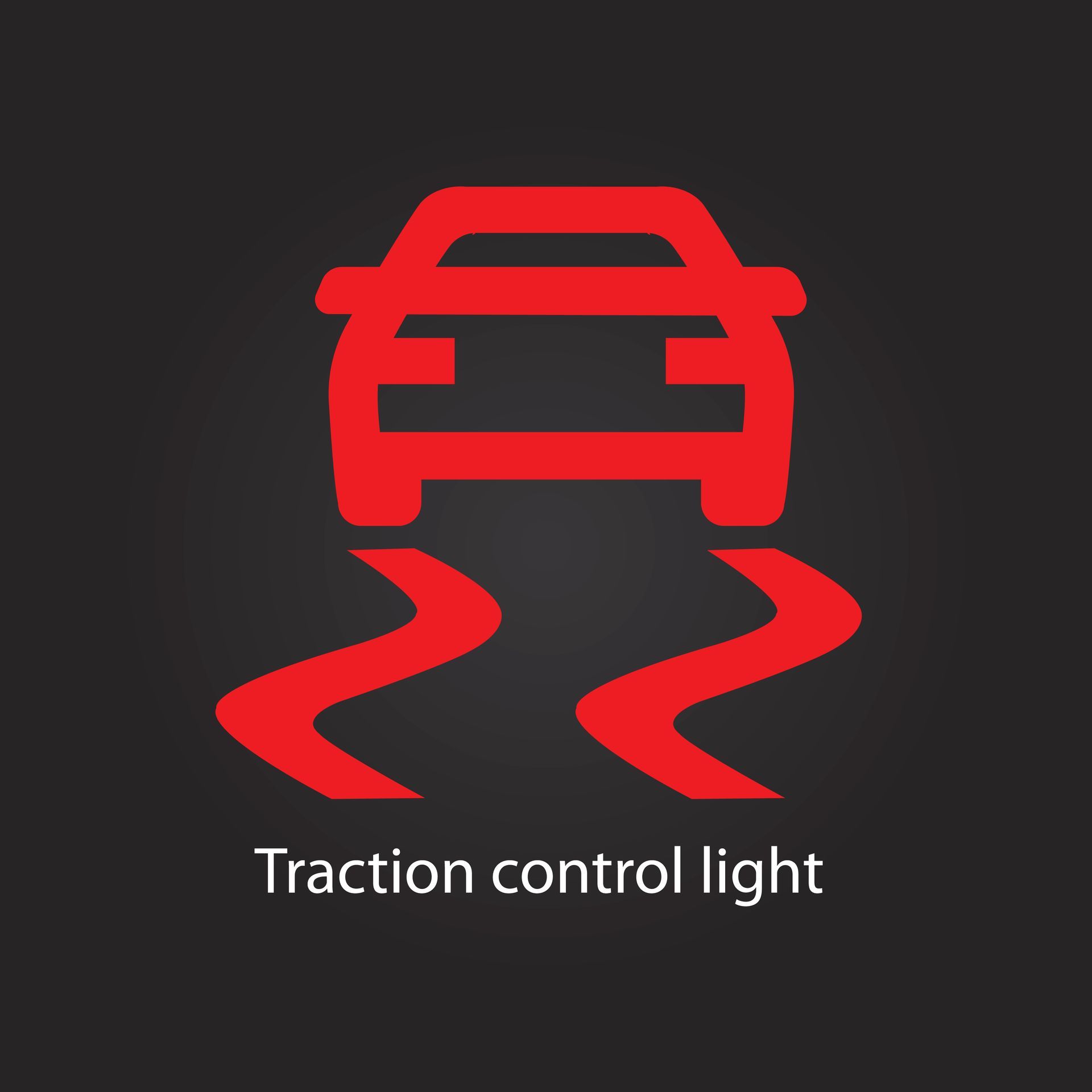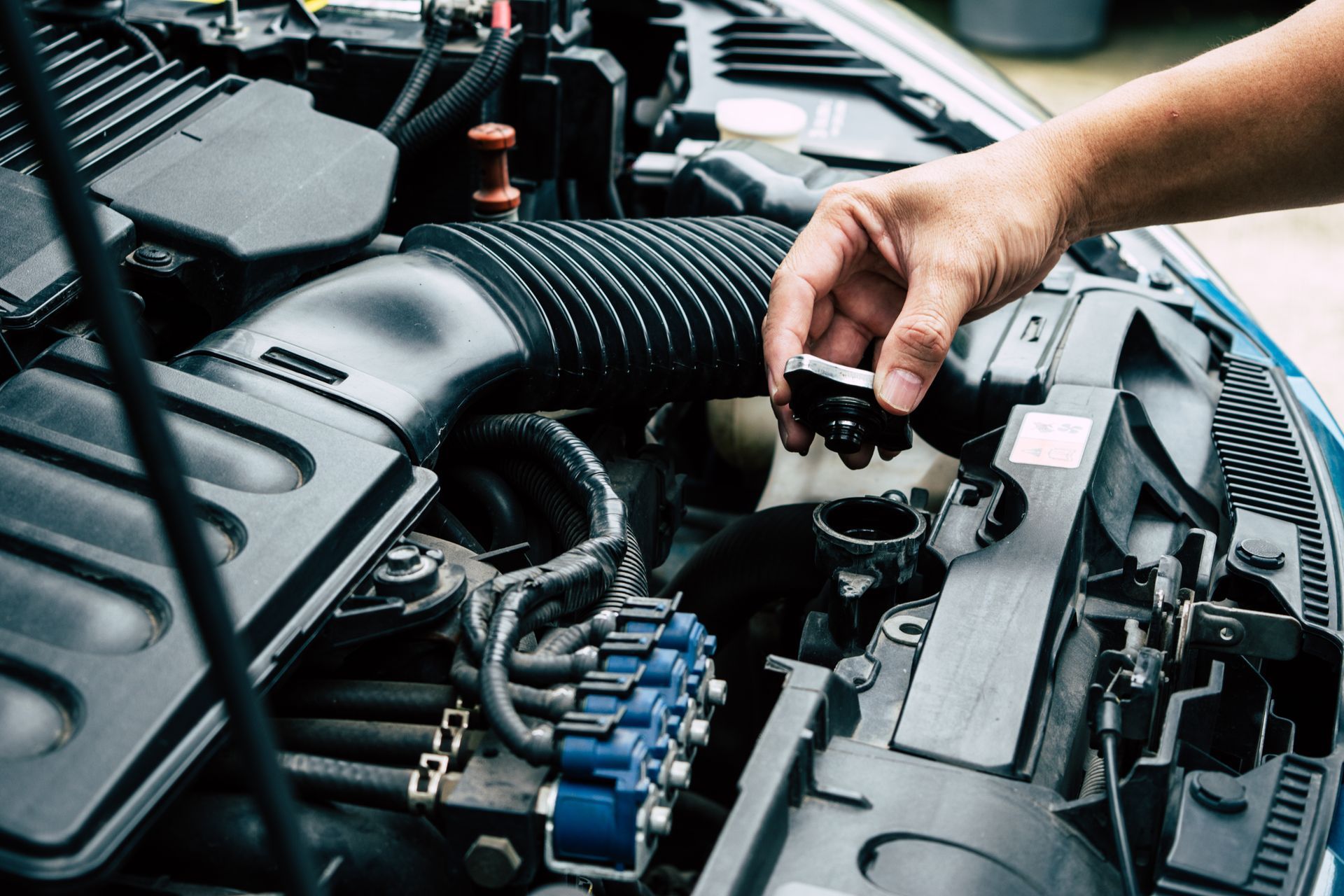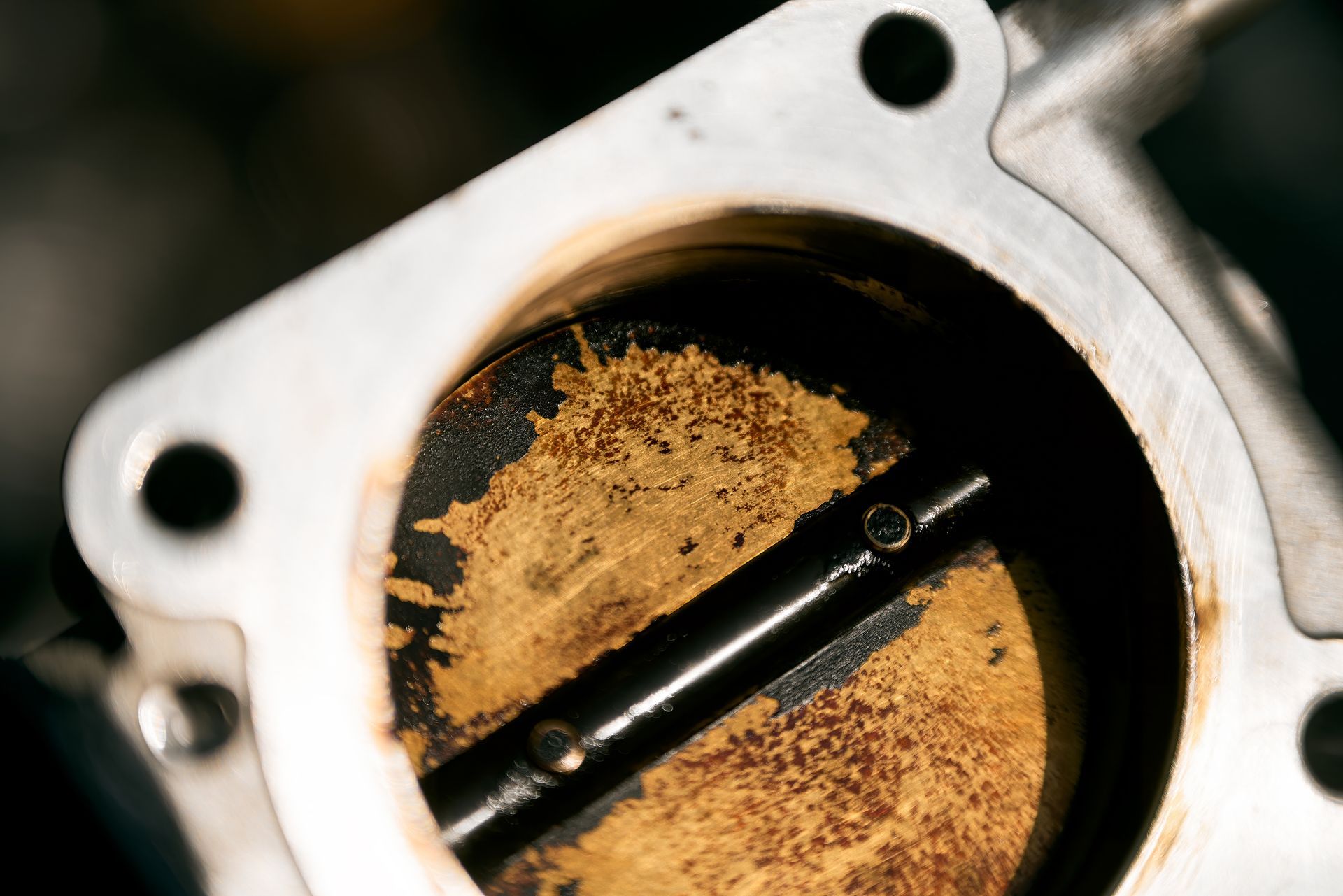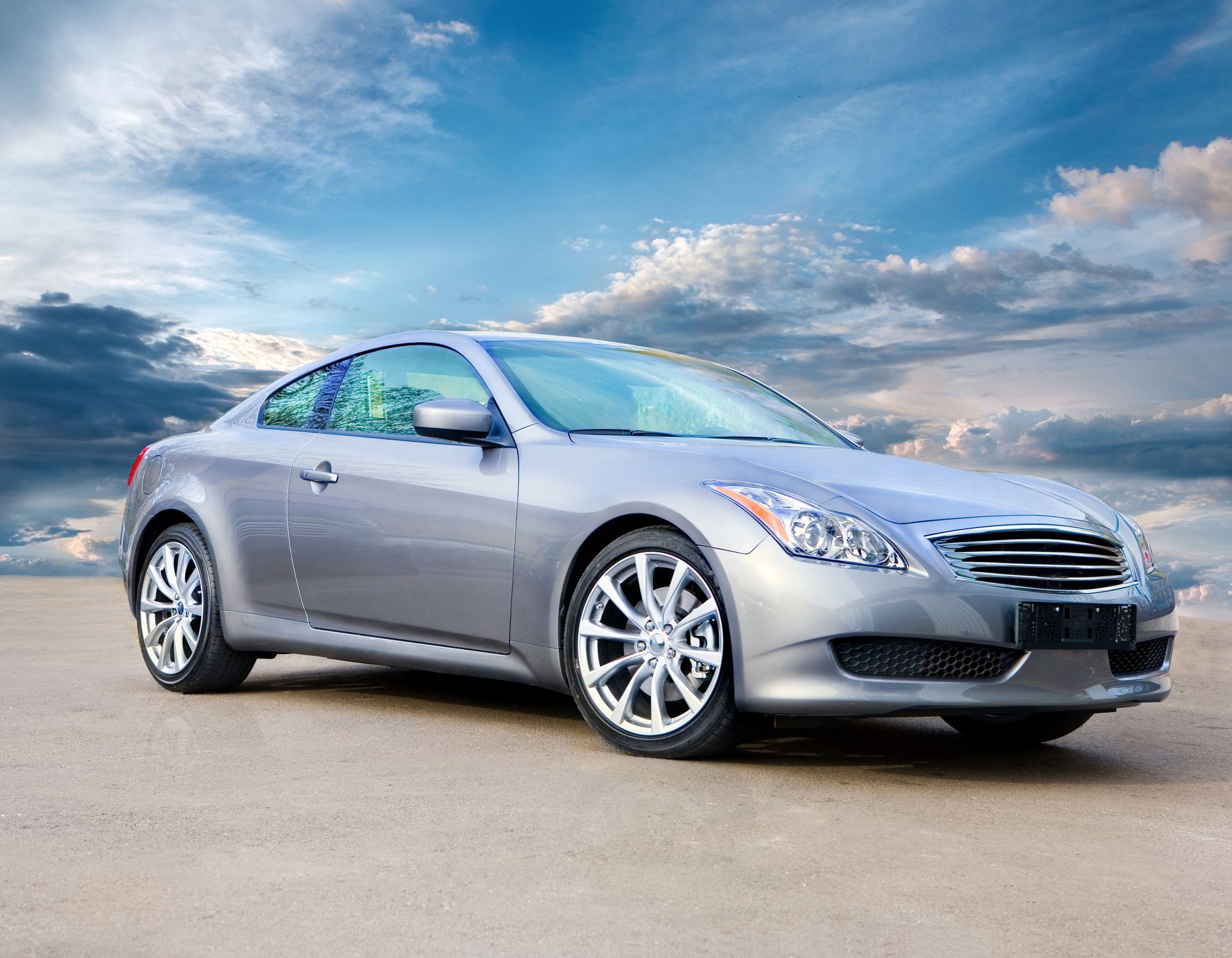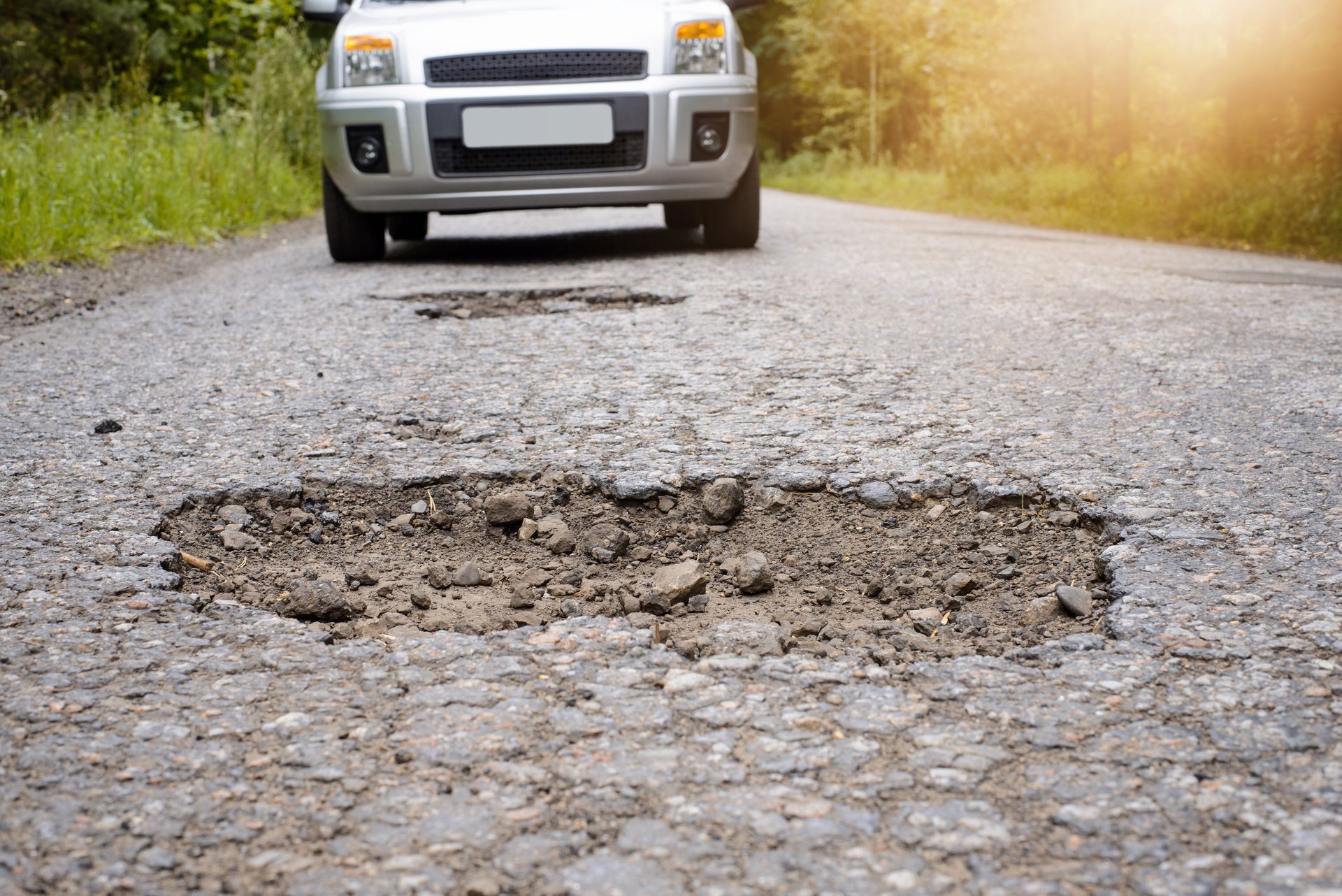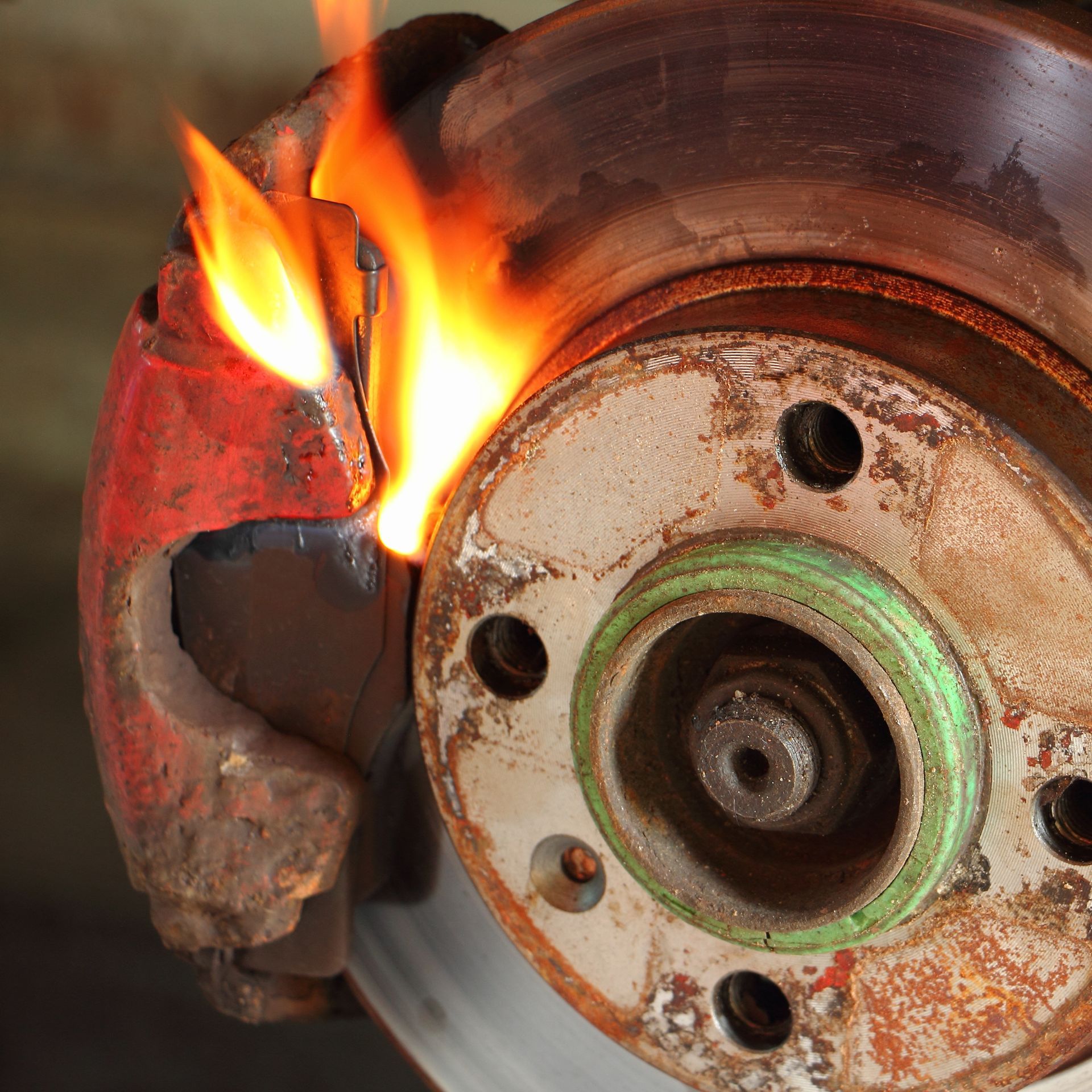Thinking about selling your car? Whether you're planning to trade it in or sell it privately, getting the best possible price is always the goal. Many factors influence a car’s resale value, including its condition, mileage, and service history. The good news is that there are several steps you can take to maximize its worth before listing it for sale. A well-maintained vehicle not only looks more appealing to buyers but also gives them confidence that they’re making a smart purchase.
Keep Up with Regular Maintenance
One of the easiest ways to protect your car’s resale value is by keeping up with routine maintenance. A well-maintained car is far more attractive to potential buyers than one with a history of skipped oil changes or neglected repairs.
Regular maintenance includes oil changes, fluid top-offs, brake inspections, and tire rotations. Keeping detailed records of these services can provide proof that the vehicle has been properly cared for. If buyers see a well-documented service history, they’ll feel more confident in the car’s reliability.
If your car is due for an inspection, getting one before selling can also help you identify any minor issues that could impact its value. Addressing small problems now can prevent potential buyers from using them as bargaining points later.
Fix Minor Cosmetic Issues
First impressions matter, especially when selling a car. If your vehicle has minor cosmetic damage—such as small dents, scratches, or chipped paint—taking the time to fix these issues can make a big difference in how buyers perceive its value.
Professional detailing, paint touch-ups, and minor dent removal can make an older car look much newer. Even simple things like replacing worn-out floor mats, cleaning the upholstery, or restoring headlights can give your car a fresher look and help justify a higher asking price.
A clean exterior and well-maintained interior tell buyers that the car has been taken care of. If your vehicle looks neglected, potential buyers may assume that it hasn’t been properly maintained, even if it runs perfectly fine.
Take Care of the Tires
Many sellers overlook the importance of good tires, but buyers pay attention. Worn-out tires can be a red flag, making buyers wonder if other parts of the car have been neglected.
If your tires are in bad shape, replacing them with a set of good-quality tires can improve your car’s appeal and value. Even if you don’t need new tires, ensuring they are properly inflated, balanced, and rotated before selling can make the car feel smoother and safer on a test drive.
Keep Your Car Clean and Well-Presented
A clean car not only looks better but also gives buyers confidence that it has been well cared for. Wash, wax, and vacuum your car before listing it for sale. Removing stains, dust, and pet hair from the interior makes the vehicle more inviting.
It’s also a good idea to remove any personal belongings before showing the car to buyers. A clutter-free car helps potential buyers picture themselves driving it, making them more likely to make an offer.
Want to increase your car’s resale value?
Mountain Tech in Oregon City, OR, offers expert maintenance and inspections to help you get the best price for your vehicle. Call us today!



